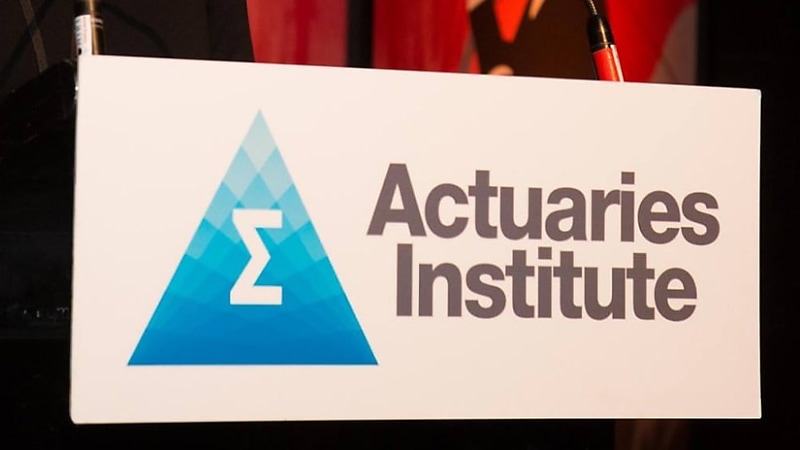Actuaries Institute calls for two-metric test
The Actuaries Institute is calling for the annual Superannuation Performance Test to transition to a two-metric test, so it better aligns with the overarching duty of super fund trustees to act in the best financial interests of their members.
In its submission to Treasury’s consultation on potential reforms to the test, the institute said it supports improving the performance test as it is influencing trustees’ investment decisions to the potential detriment of long-term returns for members.
Tim Jenkins, chair of the institute’s Superannuation and Investments Practice Committee and superannuation consulting leader at Mercer, said: “The government is right to examine how the performance Test can be improved to facilitate better retirement outcomes for Australians.”
In its submission, the Institute argues the test should transition into one that is based on two specific metrics – the first being the existing Test metric, and a new second measure of a super product’s performance on a risk-adjusted basis.
“This two-metric test would ensure trustees can continue to have confidence around decisions they’ve already made to ensure they pass the Test, while also encouraging them to pursue investments more closely aligned with the best financial interests of their members on a forward basis,” it said.
The submission said adding a risk metric would allow the test to better cater for investments and strategies that do not naturally align with the prescribed asset classes and benchmark indices used by the Test, such as ESG-focused investment strategies.
“Like the current test, the risk-adjusted metric should ensure sufficient weighting is placed on fees by testing investment performance after accounting for both investment and administration fees,” the submission said.
“This also avoids the risk of any gaming in trustees classifying different fee types to pass the performance test.”
The institute also recommended that while fees charged by super funds should continue to be assessed as part of the test, a higher representative member balance of $100,000 for non-platform products and $250,000 for platform products would be more appropriate than the existing $50,000 figure as typical member balances continue to grow.
The institute’s submission called on the government to consider a greater role for trustees and the Australian Prudential Regulation Authority (APRA) in how areas of choice option underperformance are understood and rectified.
It suggested the consequences for failing the test for choice options could instead require trustees to provide to APRA an action plan to address the underperformance.
It also supports the removal of barriers to consolidation of some choice options, particularly facilitating capital gains tax relief when trustees initiate product transfers that are in members’ best financial interests.
The institute does not support expanding the test to include more investment options such as retirement products, single sector or externally managed options and self-managed super funds.








